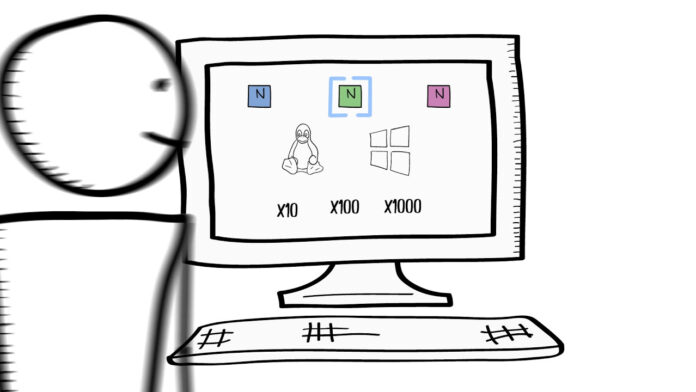In today’s fast-paced world, being able to read, write, and communicate effectively is crucial. These skills, known as literacy skills, play a vital role in both education and daily life. Literacy skills are more than just the ability to read and write; they encompass a wide range of abilities that enable individuals to understand, interpret, and communicate information. In this article, we will explore the importance of literacy skills and how they can be improved.
Definition of Literacy Skills
According to the United Nations Educational, Scientific and Cultural Organization (UNESCO), literacy is defined as “the ability to identify, understand, interpret, create, communicate and compute using printed and written materials associated with varying contexts.” This definition goes beyond the basic understanding of reading and writing and includes the ability to comprehend and apply information to different situations.
Literacy skills include various competencies such as reading, writing, critical thinking, and communication. These skills are essential for individuals to participate fully in society and achieve success in academic and professional settings.
Importance of Literacy Skills in Education

Literacy skills play a significant role in education, from early childhood learning to higher education. They are considered fundamental skills that lay the foundation for all other academic subjects. Here are some ways in which literacy skills are important in education:
Enhances Learning

Literacy skills allow students to access and understand information from textbooks, worksheets, and other educational materials. Without these skills, students may struggle to comprehend the material, leading to poor academic performance. The ability to read and write also enables students to participate actively in class discussions and express their thoughts and ideas effectively.
Preparing for Higher Education
As students progress to higher levels of education, literacy skills become even more crucial. In college or university, students are expected to read, analyze, and synthesize complex texts and write research papers. Without strong literacy skills, students may struggle to keep up with the demands of higher education.
Access to Information
In today’s digital age, the ability to read and write is vital for accessing information online. From researching a topic for a school project to finding reliable sources for academic papers, literacy skills are essential for navigating the vast amount of information available on the internet.
Importance of Literacy Skills in Daily Life
Literacy skills are not just important in the classroom; they also have a significant impact on everyday life. Here are some ways in which literacy skills are crucial in daily life:
Improves Communication
Effective communication is essential in personal and professional relationships. Literacy skills allow individuals to communicate clearly and concisely, whether through written or verbal communication. Being able to express oneself effectively can lead to better relationships, career opportunities, and overall success in life.
Enables Critical Thinking
Literacy skills go beyond basic reading and writing; they also involve critical thinking and problem-solving abilities. These skills enable individuals to understand and evaluate information critically, make informed decisions, and solve problems effectively. In a world filled with fake news and misinformation, having strong literacy skills is crucial for distinguishing between fact and fiction.
Employment Opportunities
In today’s job market, employers look for candidates with strong literacy skills. These skills are not limited to jobs that involve reading and writing but are equally important in fields such as science, technology, engineering, and math. Many job applications require written responses or assessments, making literacy skills a must-have for employment opportunities.
Ways to Improve Literacy Skills
Now that we understand the importance of literacy skills, let’s explore some ways to improve them:
Reading Widely
Reading is one of the best ways to improve literacy skills. It exposes individuals to new vocabulary, sentence structures, and ideas. The more individuals read, the better they become at understanding and interpreting written text. Encouraging children to read from a young age sets a strong foundation for developing literacy skills.
Writing Practice
Writing regularly can help improve both reading and writing skills. It allows individuals to practice applying their knowledge of grammar, punctuation, and sentence structure. Writing also promotes critical thinking as individuals have to organize their thoughts and present them coherently.
Utilizing Technology
In today’s digital age, technology can be a valuable tool in improving literacy skills. There are numerous apps and programs designed specifically to enhance reading and writing abilities. For example, there are voice recognition tools that can help individuals with dyslexia or other learning disabilities to write more efficiently.
Seek Help if Needed
If an individual is struggling with literacy skills, seeking help from a tutor, teacher, or learning center can make a significant difference. These professionals can provide personalized instruction and guidance tailored to the individual’s needs, helping them improve their skills and build confidence.
Conclusion
In conclusion, literacy skills are an essential aspect of education and daily life. They enable individuals to communicate effectively, think critically, and participate fully in society. Strong literacy skills can open doors to various opportunities and lead to success in both personal and professional endeavors. With determination and practice, these skills can be improved, allowing individuals to reach their full potential.









